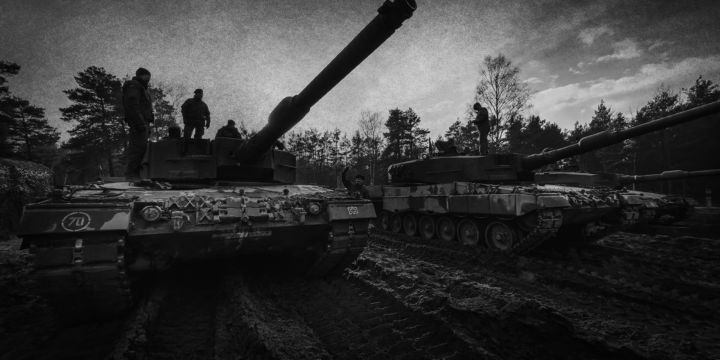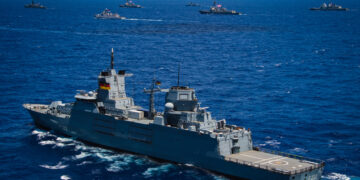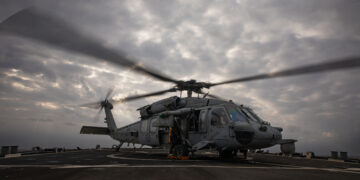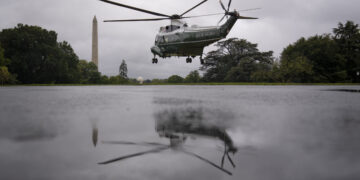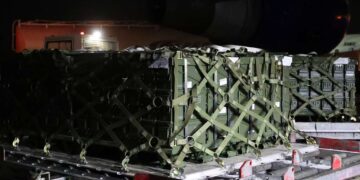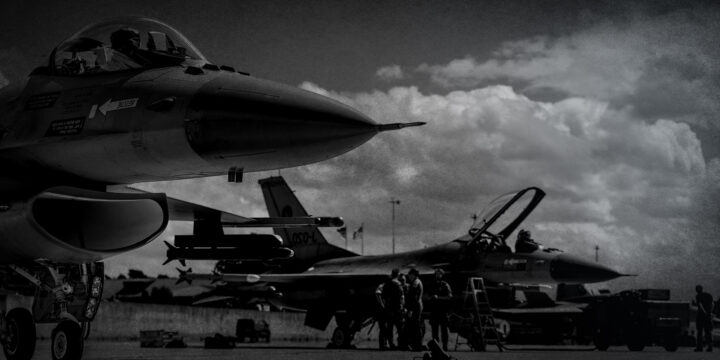August 3, 2023
Exporting grain through the Black Sea is a dangerous idea
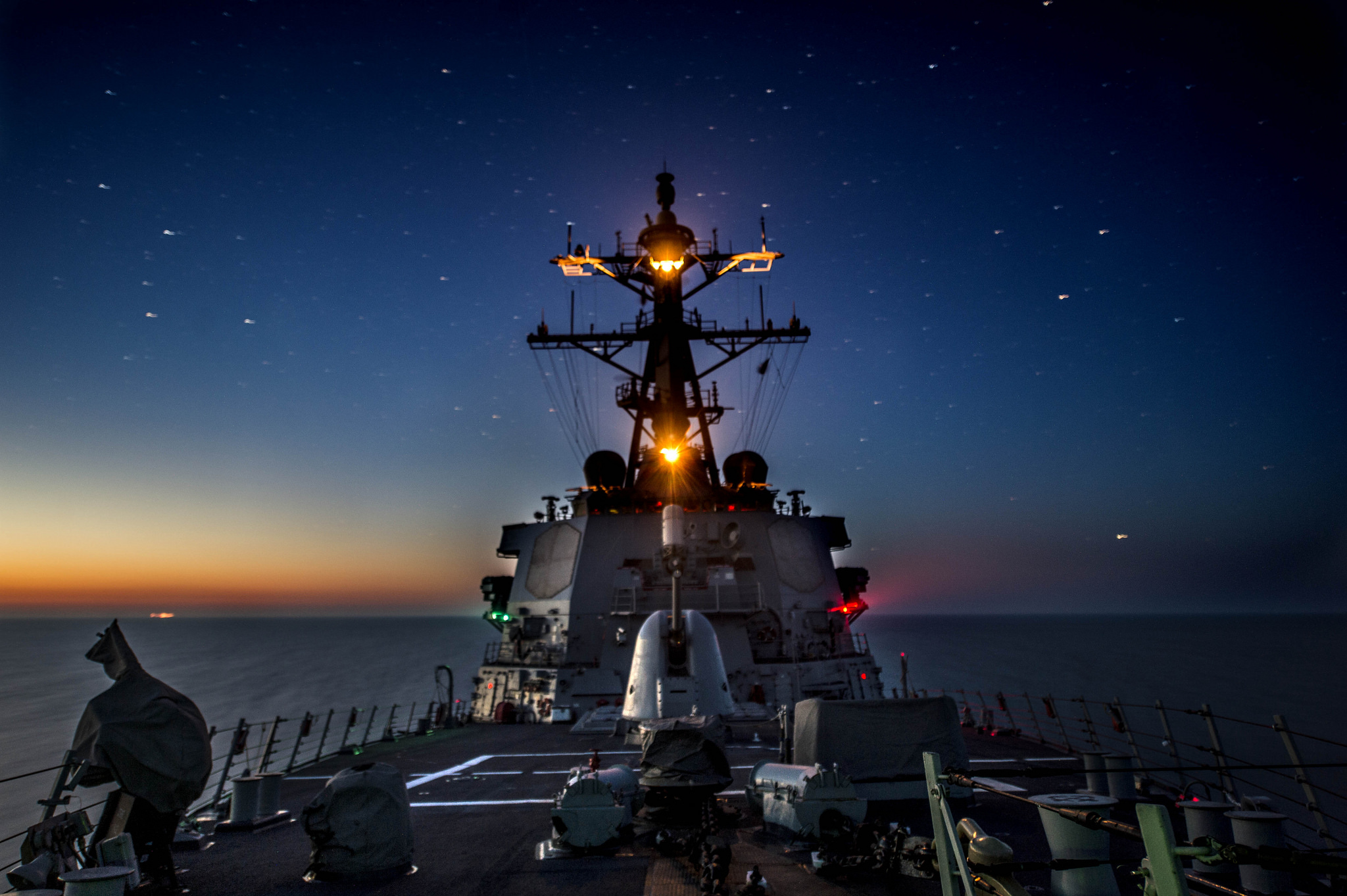
On July 17, Russia pulled out of the Black Sea grain deal mediated between the United Nations and Turkey a year earlier. The withdrawal has the potential to drastically reduce grain supply in countries teetering with low growth to extreme poverty. The Russians have spent the two weeks since bombarding Ukrainian ports used to store, load, and ship millions of tons of grain to the international market, prompting NATO to increase surveillance flights in the Black Sea region with maritime and drone aircraft.
The Black Sea grain deal served a useful function—breaking a Russian-imposed embargo of Ukraine’s major ports to alleviate a devastating international food supply crisis. The deal was in the interests of both Ukraine and Russia—Kyiv could continue exporting one of its biggest commodities, while Moscow could ship its own fertilizer via the Black Sea. The deal managed to offload nearly 33 million tons of grain and other agricultural products to the world. Moscow’s withdrawal from the initiative could single-handedly raise food prices by as much as 15 percent according to the International Monetary Fund.
The desperate situation has generated desperate solutions. Former U.S. Ambassador to NATO Ivo Daalder believes a naval escort is needed to protect grain-carrying ships without threat of Russian harassment. Retired Admiral James Stavridis, the former NATO Supreme Allied Commander, proposed a similar idea with NATO in the lead. Today, this recommendation remains an outlier. But if global supplies deteriorate substantially, a fringe idea could become a mainstream policy option.
U.S. and NATO officials, however, shouldn’t even flirt with such a scheme. A hypothetical naval escort is riddled with risk and could widen the war at a time when Washington is correctly trying to keep it within Ukraine’s borders.
More on Eurasia
Featuring Jennifer Kavanagh
July 15, 2025
Events on Ukraine-Russia
